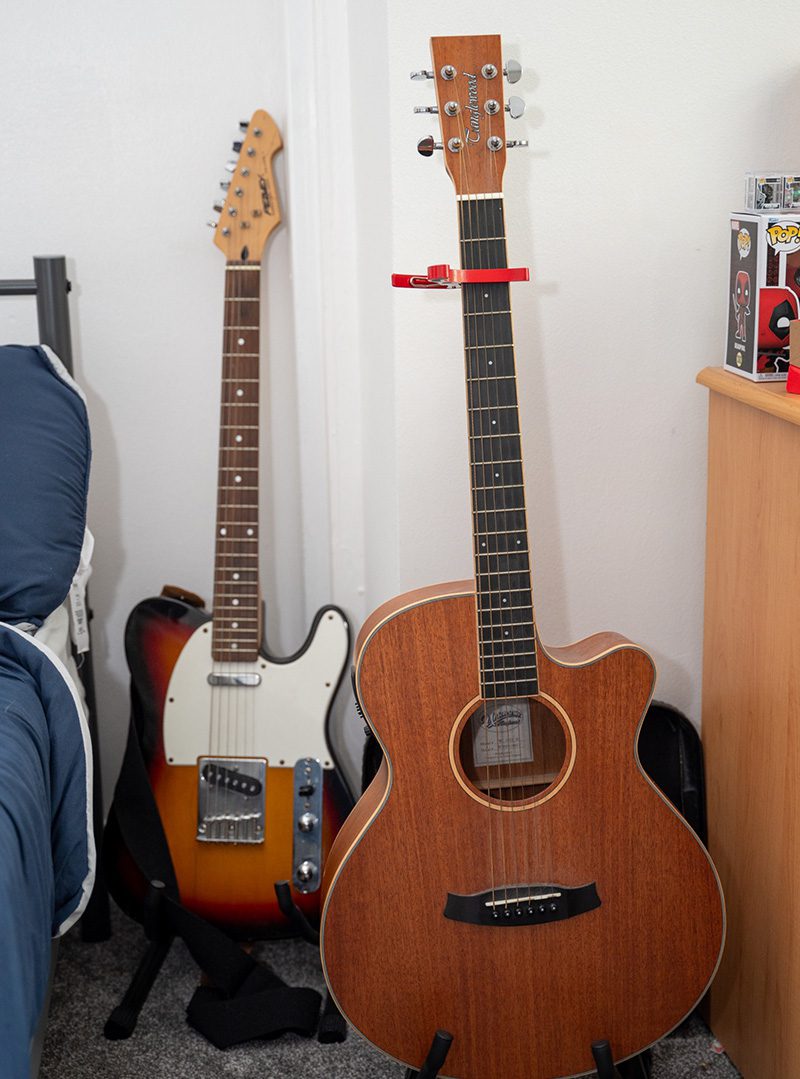At Residential Child Care Community, we promote a loving, happy, healthy environment in which our residents, safe from harm, will be able to develop, thrive and fulfil their potential individually and as a group.
To that end, we encourage resident group decision-making through the House Councils, permit access to all areas of their homes, and self-determination in activities, socialisation, and food preferences. Residential Child Care Community is not just a caregiving facility—it is a home, and a community.
We also value the time, skills, and expert opinions of our staff. We are committed to providing fair and living wages, reasonable, structured work schedules, and clear duties and spheres of rights and responsibilities for each team member.
We do not expect staff to do work for which they are not trained; we do expect them to share their suggestions for improving any aspect of our working operations or caregiving.
We aim to provide jobs which not only provide sustenance for our workers’ families, but also allow them a space to make a difference in the world around them, through caring and expert assistance to our community’s most vulnerable members.

